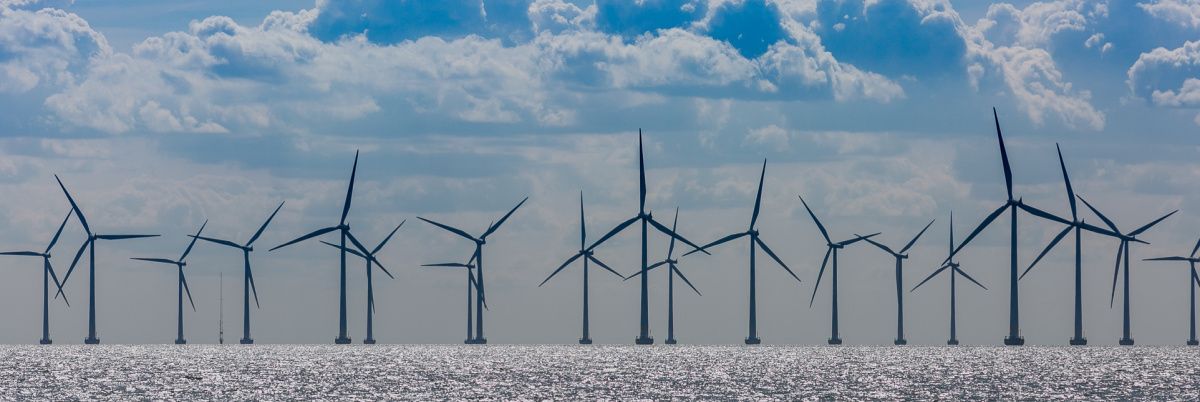Is Industrial Hemp Cultivation in the Future for Maryland Agriculture?
A Kent County and Queen Anne’s County farmer, John Beale Bordely, was one of the country’s best-known agriculturalists in the 18th century. Bordely was the author of a 500-page volume titled Essays and Notes on Husbandry and Rural Affairs . At Wye Plantation, he grew hemp and was able to provide his household clothing spun from its fibers. He also produced burlap and rope. In the colonial period hemp was also used to produce paper. In the 19th century there was a rope walk in Chestertown in Kent County, producing rope from locally grown hemp.
Unfortunately, this crop that was so useful in earlier times has fallen into ill repute since Congress passed the Marijuana Tax Act in 1937. During World War II, however, farmers were encouraged to grow hemp. With the war’s end, the government shut down all the hemp processing plants. Hemp is one of hundreds of varieties of cannabis sativa , another variety of which marijuana comes from. Although they belong to the same species, they have been developed for very different purposes: industrial hemp to maximize its fiber, seed and oil, and marijuana to maximize its psychoactive properties.
Industrial hemp continues to be grown in Canada and the European Union. Advocates of industrial hemp say that it is poised for a major comeback in the United States. Federal legislation provides that hemp can be produced if a state has legalized an agricultural pilot program to study its cultivation for research purposes. Beginning in 2016 it became legal for the Maryland Department of Agriculture or any institution of higher education in the state to grow industrial hemp for research purposes. The Maryland legislature recently acted to legalize its production in our state in a bill that was signed into law by the governor. The bill sets up regulations that allow the State Department of Agriculture or universities to register farmers, who would then be able to grow, process, manufacture and market industrial hemp.
A report by the Abell Foundation indicates that hemp production would bring several economic and environmental opportunities to the state. According to the report, Hemp requires no pesticides to grow. It also replenishes the soil, reduces pollution and helps with soil erosion and runoff. The Abell Foundation’s hemp report indicates that currently most hemp seed is imported from Europe, Canada, Ukraine and China. As of this year, there are 19 states that grow hemp and product sales resulted in revenue of $688 million. Hemp products included teas, T-shirts, car parts and supplements. The teas and supplements are marketed as having various health benefits but without any mind-altering effects. In other words, these hemp products won’t get you high.
For more information:
Layne Litsinger, “Sponsor of a bill to legalize hemp in MD thinks this is the year."
“Industrial hemp now legal in Maryland?” https://hempindustrydaily.com/maryland-latest-to-legalize-hemp-production/
“Hemp History,” https://www.thehia.org/History
Caitlin Dewey, “Congress is about to legalize cannabis. Just not the kind that gets you high.” https://www.washingtonpost.com/business/2018/08/10/congress-is-about-legalize-cannabis-just-not-kind-that-gets-you-high/?utm_term=.a665be794061
Kent Mountford, “Modern Agriculture roots nurtured on Maryland’s Eastern Shore. http://www.sunxanalytical.com/?q=node/1
Common Sense for the Eastern Shore








